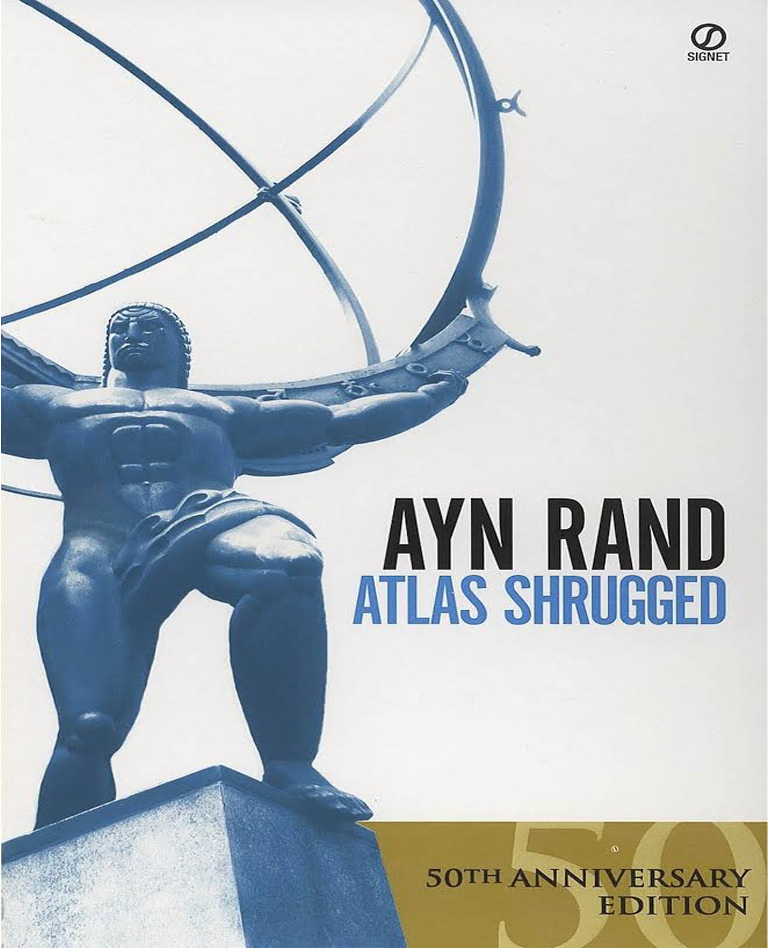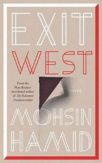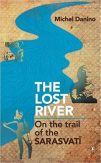You must be logged in to post a review.
Atlas Shrugged
by Ayn Rand
Description:
Why did he have to fight his battle, not against his enemies, but against those who needed him most, and his hardest battle against the woman he loved? What is the world’s motor and the motive power of every man? You will know the answer to these questions when you discover the reason behind the baffling events that play havoc with the lives of the characters in this story. Tremendous in its scope, this novel presents an astounding panorama of human life from the productive genius who becomes a worthless playboy to the great steel industrialist who does not know that he is working for his own destruction to the philosopher who becomes a pirate to the composer who gives up his career on the night of his triumph to the woman who runs a transcontinental railroad to the lowest track worker in her Terminal tunnels. You must be prepared, when you read this novel, to check every premise at the root of your convictions. This is a mystery story, not about the murder and rebirth of man’s spirit. It is a philosophical revolution, told in the form of an action thriller of violent events, a ruthlessly brilliant plot structure and an irresistible suspense. Do you say this is impossible? Well, that is the first of your premises to check.
About The Author
Alisa Rosenbaum was born in pre-revolutionary St. Petersburg to a prosperous Jewish family. When the Bolsheviks requisitioned the pharmacy owned by her father, Fronz, the Rosenbaums fled to the Crimea. Alisa returned to the city (renamed Leningrad) to attend the university, but in 1926 relatives who had already settled in America offered her the chance of joining them there. With money from the sale of her mother’s jewelry, Alisa bought a ticket to New York. On arrival at Ellis Island, she changed into Ayn (after a name of some Finnish author, probably “Aino”) Rand (taken from the brand name of her Remington-Rand typewriter). She moved swiftly to Hollywood, where she learned English, worked in the RKO wardrobe department and as an extra, and wrote through the night on screenplays and novels. She also married a bit-part actor called Frank O’Connor because he was ‘beautiful’ – and because her original visitor’s visa had run out.
Rand sold her first screenplay in 1932, but nobody would buy her first novel We the Living (1936) a melodrama set in Russia. Her first real success was The Fountainhead (rejected by more than ten publishers before publication in 1943).
She started a new philosophy known as Objectivism, opposed to state interference of all kinds, and her follow-up novel Atlas Shrugged (1957) describes a group who attempt to escape America’s conspiracy of mediocrity. Objectivism has been an influence on various other movements such as Libertarianism, and Rand’s vocal support for Laissez-faire Capitalism and the free market has earned her a distinct spot among American philosophers, and philosophers in general.









Reviews
There are no reviews yet.